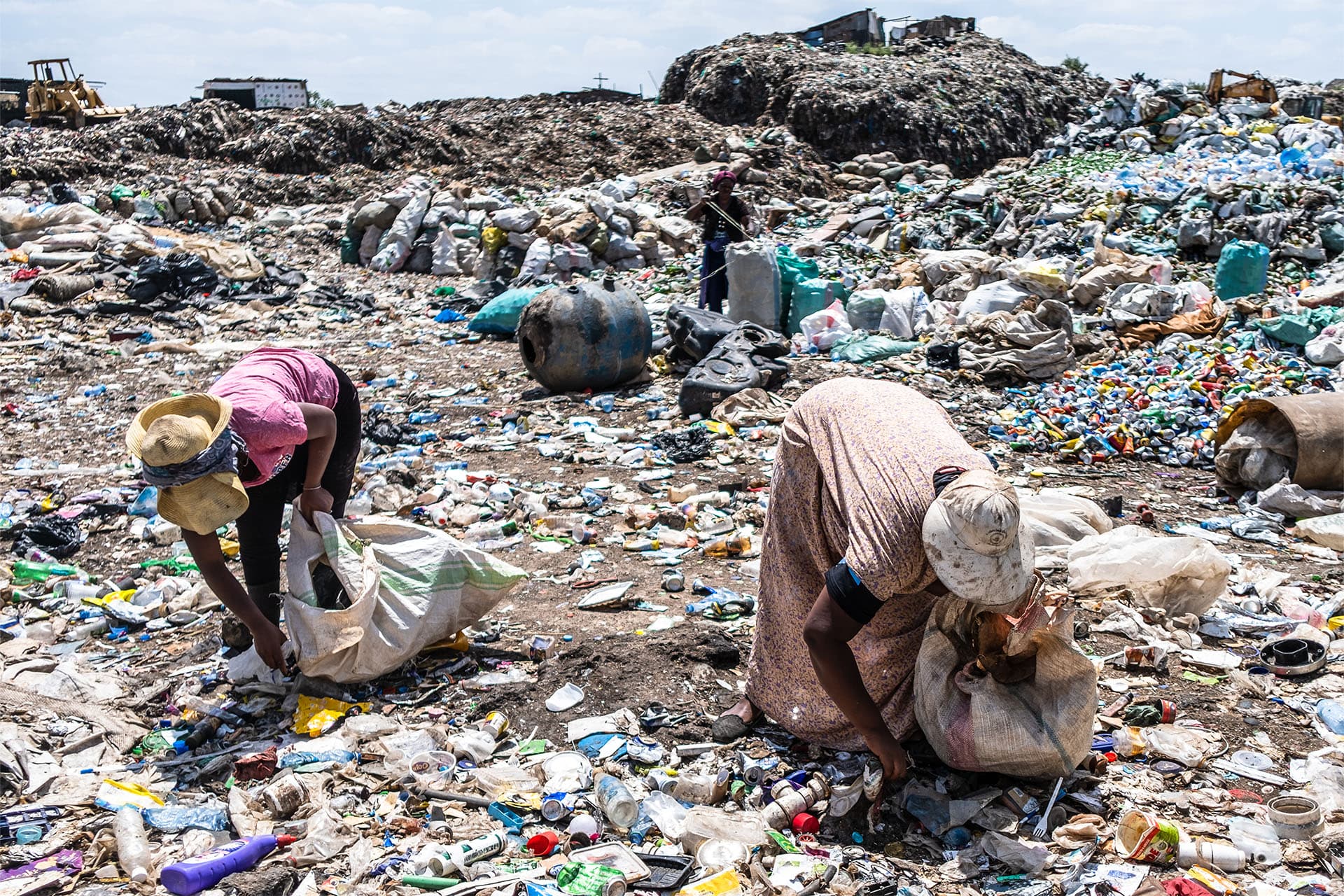We're loading the full news article for you. This includes the article content, images, author information, and related articles.
A UK parliamentary report reveals organised crime profits millions from illegal waste, a crisis costing £1 billion annually that mirrors Kenya's own battles with illicit dumping and the cross-border trafficking of hazardous materials.

Organised criminal enterprises are generating millions of pounds annually from illegal waste dumping and burning in the United Kingdom, according to a scathing report by the House of Lords Environment and Climate Change Committee released on Tuesday, 28 October 2025. The committee found that systemic failures in enforcement have cultivated a "low-risk, high-reward" environment for criminals. The report estimates that at least 38 million tonnes of waste are illegally managed in the UK each year, resulting in severe environmental, economic, and social damage. This volume of waste is enough to fill Wembley Stadium 35 times over.
The inquiry detailed how these criminal activities cost the UK economy an estimated £1 billion annually in clean-up expenses, enforcement costs, and lost revenue for legitimate businesses and the government. This includes up to £150 million in evaded landfill tax alone. The peers on the committee expressed deep concern over the "woeful" record of prosecutions and criticised the Environment Agency for its failure to pursue reports of serious waste crime and utilise its powers effectively. The police were also admonished for a "lack of interest" in tackling the issue, which is often a gateway to other serious crimes like drug trafficking and money laundering.
While the UK grapples with its domestic waste crisis, the report's findings have significant implications for Kenya and the East Africa region, which have long been destinations for illegal waste exports from Europe. Investigations by organisations like Clean Up Kenya have exposed how the UK and European Union countries exploit legal loopholes to export vast quantities of waste, particularly plastic clothing and electronic waste (e-waste), to nations like Kenya. A 2023 report titled "Trashion" revealed that up to one-third of the 148 million items of used clothing shipped from the EU and UK to Kenya in 2021 were of such low quality they constituted plastic waste, immediately ending up in dumpsites or being incinerated.
This international trade in waste is not only an environmental hazard but also a violation of international agreements like the Basel Convention, which restricts the movement of hazardous materials. Interpol has confirmed that waste trafficking is a global phenomenon, with numerous cases involving waste being illegally shipped from Europe to Africa, often mis-declared as second-hand goods. These activities undermine local waste management efforts and saddle Kenyan taxpayers with the financial burden of managing foreign waste. Dr. Ayub Macharia, a director at Kenya's Ministry of Environment, has previously stated that "Kenya is a victim of illegal movement of e-waste from developed countries."
The UK committee's call for a "root and branch review" of its waste crime response echoes the ongoing enforcement challenges within Kenya. The National Environment Management Authority (NEMA) frequently conducts crackdowns on illegal dumpsites and unlicensed waste transporters across the country, particularly in urban centres like Nairobi. In recent operations, NEMA has arrested individuals and impounded vehicles involved in illegal dumping, highlighting a persistent local problem with waste management compliance. These domestic struggles are compounded by the influx of illegal foreign waste, stretching the resources of Kenyan regulatory bodies.
The UK report highlights a "merry-go-round" where citizens reporting waste crimes are passed between different agencies without any taking responsibility—a frustration familiar to many Kenyans reporting environmental violations. The global nature of this criminality requires a coordinated international response. According to the United Nations Environment Programme (UNEP), based in Nairobi, a transition to a circular economy is essential to design out waste and combat pollution globally. However, as long as enforcement remains weak and penalties fail to deter offenders, as seen in the UK, both developed and developing nations will continue to suffer the consequences of this lucrative and destructive trade.
Keep the conversation in one place—threads here stay linked to the story and in the forums.
Other hot threads
E-sports and Gaming Community in Kenya
Active 8 months ago
The Role of Technology in Modern Agriculture (AgriTech)
Active 8 months ago
Popular Recreational Activities Across Counties
Active 8 months ago
Investing in Youth Sports Development Programs
Active 8 months ago